Because children spend so much time at school, they foster a unique relationship with teachers who play an integral role in helping a child thrive and overcome learning obstacles. Due to this time spent together, educators are often the first to notice when students struggle with important tasks or do not meet academic expectations.
All posts tagged: Signs of Dyslexia
Why Do Executive Functioning Skills Matter?
There is no limit to the skills and knowledge that students can master throughout their time in school. From learning how to study to practicing relevant skills for a specific subject, teachers and students have a lot to learn together! Students with learning differences like dyslexia may need additional help with a beneficial set of skills known as executive function. Executive functioning skills include essential mental abilities like working memory, flexible thinking, and self-control that can significantly impact how students can succeed in school and beyond. Read below to learn more about executive functioning skills and why they matter.
Tips to Help Dyslexic Students Prepare for the New School Year
The summer is a time to relax and recharge. However, parents of dyslexic students may find concerns about how their child will perform after a few months out of the classroom. Don’t worry, that’s totally normal! With just a few proactive steps, parents and kids can enjoy their free time over the summer, while also getting ready for everything that comes with a new school year. Follow these tips to help your dyslexic student get a head start before schools start back in the fall.
Talking with Your Child About Dyslexia
Regardless of when parents receive a dyslexia diagnosis for their child, this news can bring up a lot of emotions. Many parents want to be supportive and encouraging of their child, but they may also be experiencing a range of feelings as they process this news themselves. Although it can feel challenging and confusing at first, having conversations about dyslexia is one of the best things parents can do with their children. Talking about dyslexia helps promote understanding for both parents and kids, and a simple discussion can go a long way in the development of a dyslexic child. Read below to learn more about how to start and continue conversations about dyslexia with your child.
After a Dyslexia Diagnosis: What Comes Next?
There’s no right or wrong way to feel after receiving a dyslexia diagnosis for your child. The key is to remain patient with yourself and your child as you figure out what to do next. While knowing which steps to take after getting a dyslexia diagnosis can be confusing, the ReadSource is here to walk you through it. Read below to learn more about some helpful tips for what you should do after a dyslexia diagnosis.
Important Signs of Dyslexia in Elementary School Students
As every child is unique and learns in a different way, it may be difficult for parents and teachers to tell if a child has a learning difference, like dyslexia, or if they just need to be taught in an individualized way. Parents and teachers in elementary schools must recognize the important signs of dyslexia so that students don’t fall behind in essential milestones like reading and writing. Read below to learn about some of the common signs of dyslexia in elementary school students and what to do if your child exhibits these signs.
Signs of Dyslexia: Phonemic Awareness and Reading Skills Red Flags
It can be difficult to identify signs of dyslexia in children, especially before they spend significant hours of their day in a controlled educational environment, such as a classroom. However, parents and teachers should stay aware of certain red flags to help identify a potential learning challenge like dyslexia. Although a dyslexia diagnosis must be made by an educational psychologist or another medical professional, ReadSource has compiled a list of some of our red flags and potential signs of dyslexia. Read below to learn more about phonemic awareness, essential reading skills, and signs of dyslexia in children.













